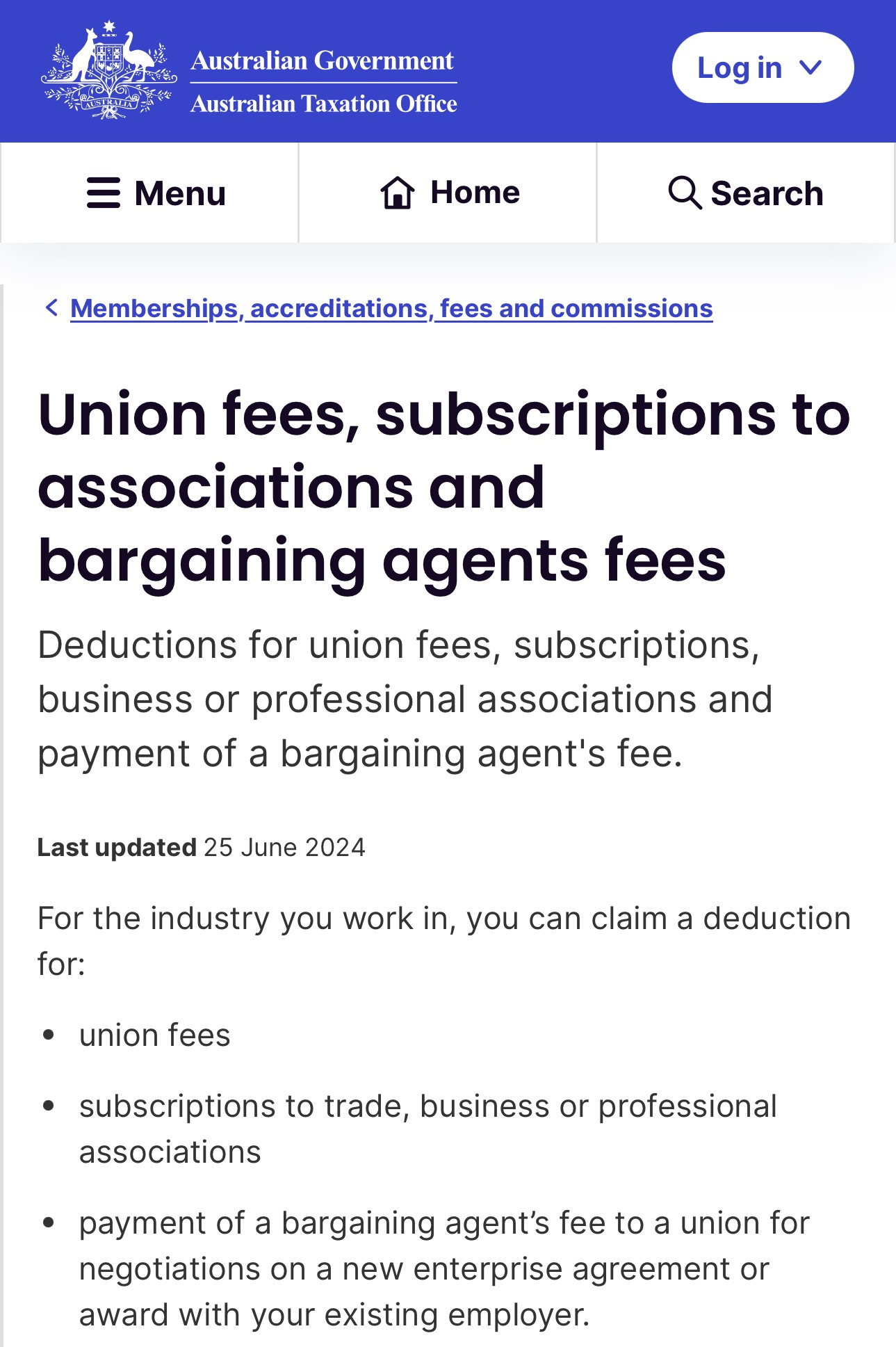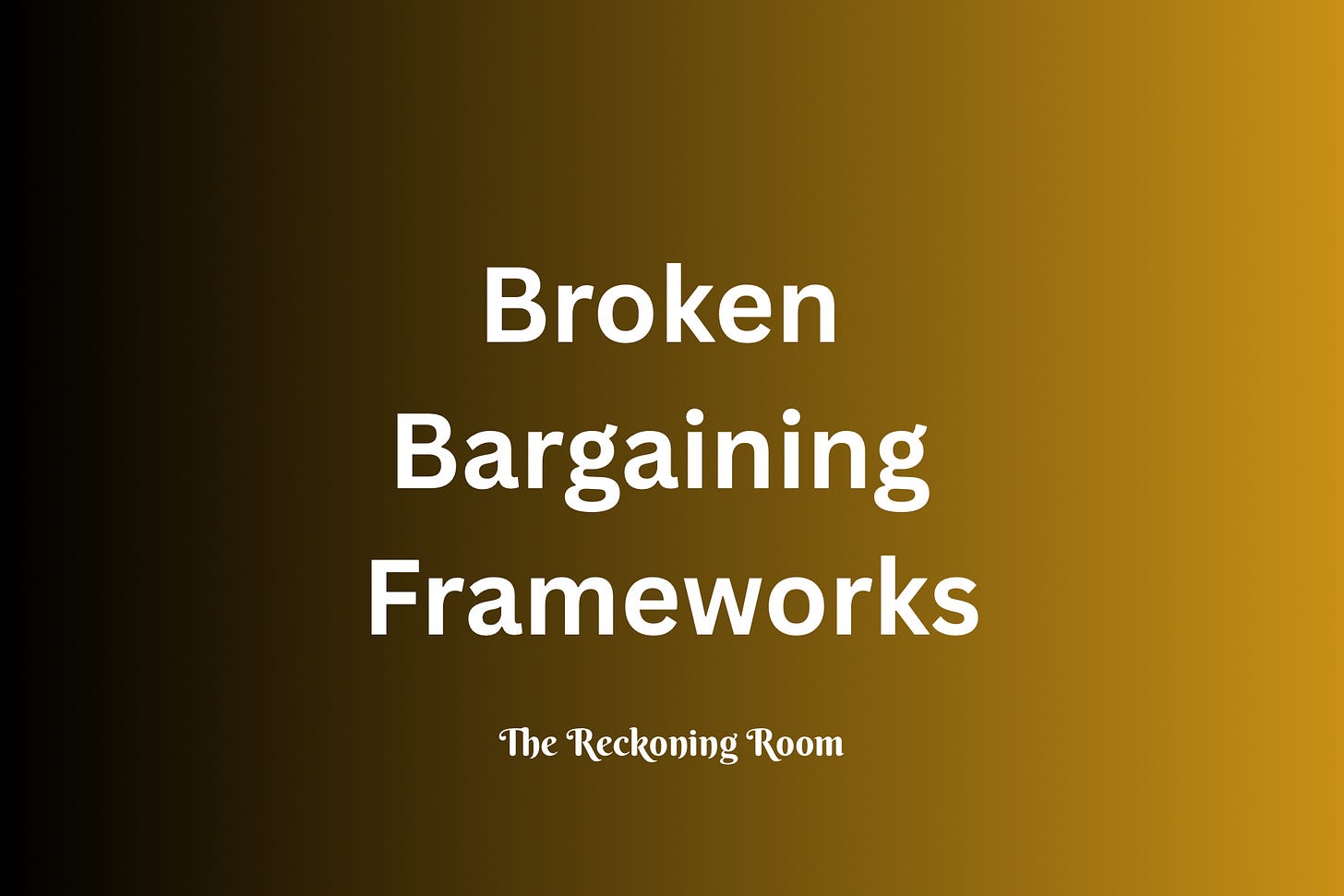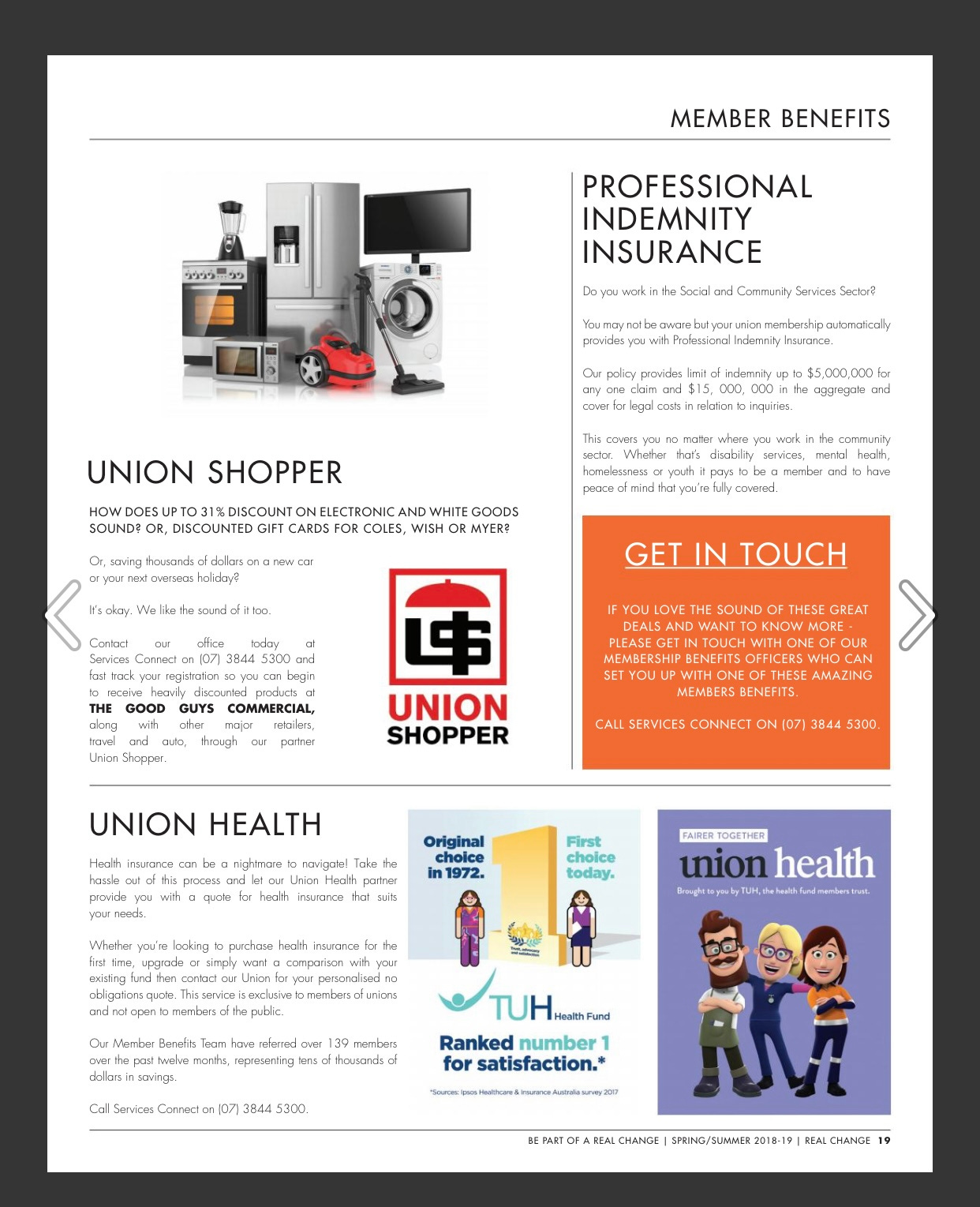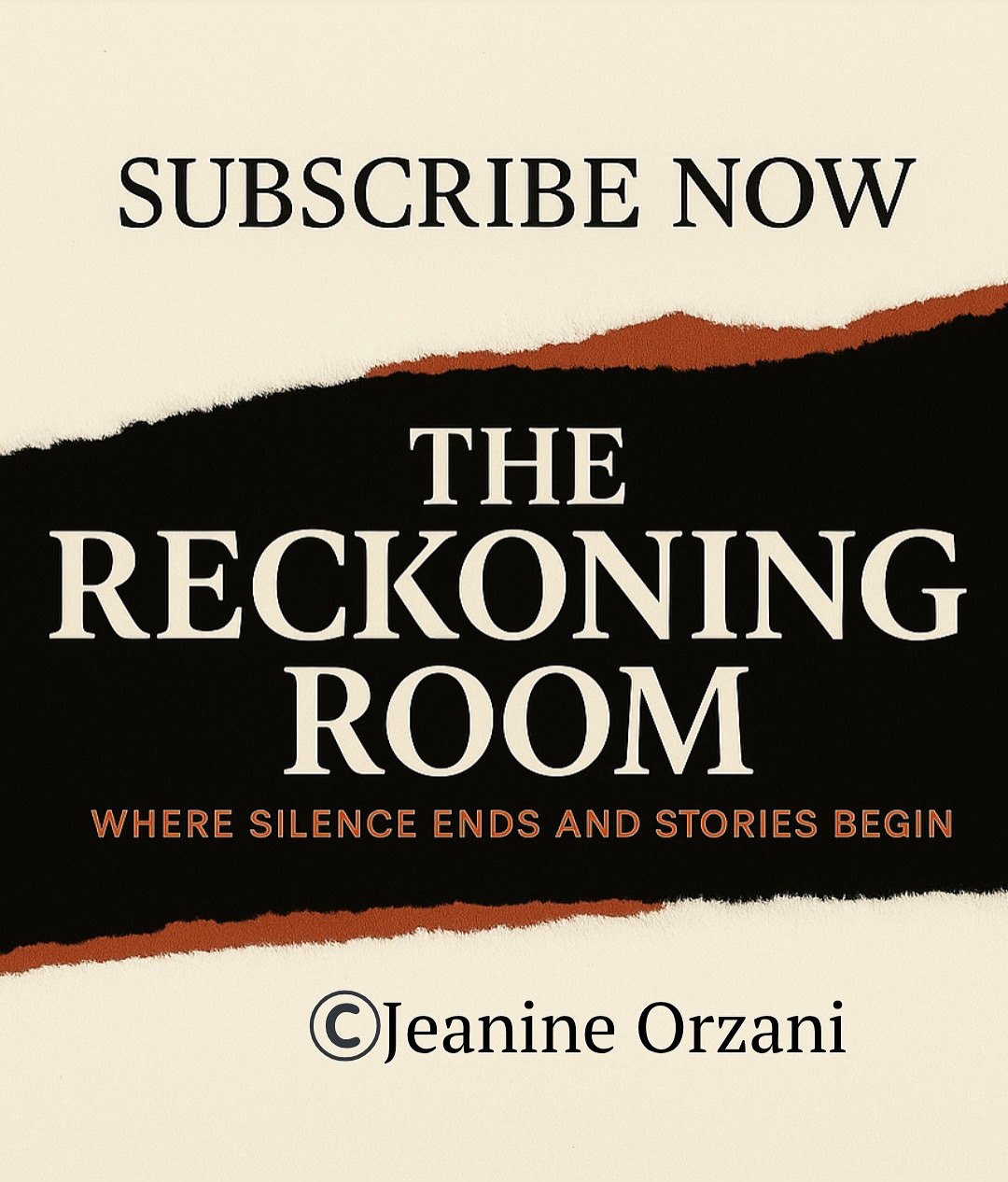🧵 The Truth About “Free Riders” in Union Bargaining
Former ACTU Secretary Bill Kelty recently argued that union-negotiated wins being extended to non-members is “unviable.”
His concern?
That the current bargaining model lets non-members “free ride” on the efforts of paying union members.
But is it really that simple?
Let’s unpack this.
1. Bargaining is Just One Part of Union Membership
Yes, unions negotiate pay and conditions, but that’s only one part of the value they offer. Paying members get:
Journey insurance
Free or subsidised legal advice
Professional development and training
Free ambulance cover (in some states)
Workplace representation
Access to hardship funds and support during disputes
Advocacy on broader policy issues affecting your sector
✔️ All of these benefits are real, though the extent and availability vary between unions and states.
🔍 For accuracy, it’s wise to check your specific union’s member benefits page or handbook.
Non-members do not get these services.
So no, they aren’t getting the full package for free.
2. Tax Deductions Offset Union Fees
Union membership fees are tax deductible. So while it’s true that members “pay” for these benefits, the real cost is softened by a rebate, something non-members can’t access unless they join.
3. It’s About Choice, and That’s Protected by Law
Under the Fair Work Act, every Australian worker has the right to freedom of association. That means people are legally entitled to decide whether or not they join a union. Coercion to join, or exclusion from employment or wages if they don’t, violates that principle.
So when Kelty says it’s “not a sustainable business model,” what he’s really arguing for is a shift away from the principle that underpins Australia’s workplace laws: choice.
4. The Bigger Issue?
The real problem isn’t “free riders,” it’s that:
Enterprise bargaining is broken in many industries.
Union density is declining, not just because people don’t want to join, but because insecure work, outsourcing, and casualisation have made it harder to organise.
Employers benefit from union-negotiated standards but work just as hard to discourage union membership in their workforce.
Let’s not pretend this is a one-sided problem.
5. Want More Members? Focus on Building Power, Not Punishing Non-Members
Instead of complaining about non-members benefiting from the work of unions, maybe it’s time to:
Talk more openly about why unions matter.
Offer better visibility of member-only benefits.
Reinvest in organising models that meet workers where they are, including casuals and gig workers.
Call out employers who actively undermine union participation, but still benefit from union-won awards.
Final Thought:
If union gains only apply to union members, what happens to award rates? To industry-wide protections? To fairness?
Kelty’s concerns deserve discussion, but not at the expense of fundamental rights. The future of the union movement lies in strength through solidarity, not exclusivity.










